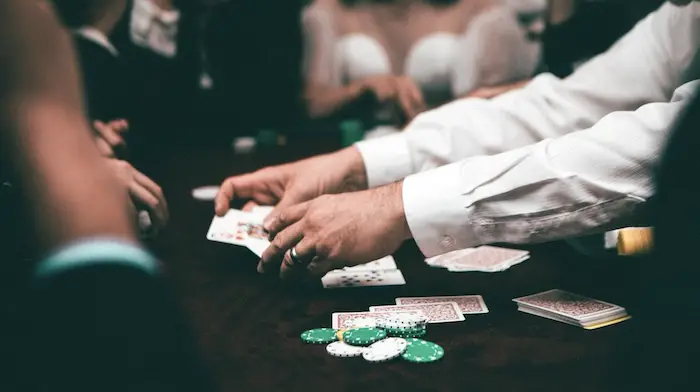
Casino games are often dismissed as mindless entertainment, all flash and no function. But beneath the surface, many online gambling experiences function as live laboratories for real-time decision-making. They force players to weigh odds, manage risk, control emotion, and recognize patterns—all under pressure. Whether you win or lose, the lessons these games offer extend far beyond the screen. They mirror the way we navigate uncertainty in everyday life. This article explores how different types of online casino games challenge your brain and sharpen your instincts—one bet, one choice, one calculated risk at a time.
Strategy-Centric Games: Where Logic and Probability Collide
Certain casino games reward structure, not spontaneity. They demand precision. They punish emotional decisions. In these environments, you don’t just guess—you calculate.
Blackjack: Discipline in Action
- Every hand requires a structured decision based on probabilities and table dynamics
- Strategic charts guide whether to hit, stand, double down, or split, but situational awareness still matters
- You learn to manage limited resources (chips) and trust statistical logic over gut feeling
Video Poker: Pattern Recognition Under Pressure
- Mastering video poker means memorizing payout tables and optimal holds
- One wrong decision per hand chips away at your long-term return
- The game reinforces disciplined thinking and helps refine your ability to execute repetitive strategies under mild stress
Baccarat: Low Decision Load, High Discipline
- Though gameplay is simple, betting decisions require managing emotions, streaks, and discipline
- The game trains you to resist the gambler’s fallacy and recognize when to walk away
- Ideal for strengthening patience and avoiding emotional overreach
Risk-Heavy Games: Where Fast Thinking and Emotional Control Matter Most
Some games are all about volatility. They force you to act fast, trust your instinct, and accept loss as part of the rhythm. Here, you learn not to panic under pressure—but to think clearly in chaos.
Slots: Pure Variance, Pure Focus
- There’s no decision-making in the spin itself, but bankroll management is everything
- You train your attention span to spot bonus cycles, payout patterns, or volatility curves
- The repetition reinforces risk acceptance and helps you gauge return frequency versus payout magnitude
Roulette: Learning to Let Go
- Each spin reinforces the randomness of probability and the illusion of control
- You begin to understand the difference between possible and probable outcomes
- Helps build awareness around betting patterns and the psychological pull of losses
Crash Games: Timing and Exit Strategy
- You must choose when to cash out before a rising multiplier crashes
- It sharpens reaction time, teaches restraint, and hones your sense of optimal exit under risk
- This mirrors high-pressure decision-making, like selling a stock or bailing from a declining investment
Psychological Games: Mind Reading, Bluffing, and Behavioral Insight
Some games pit you not just against chance—but against other people. These test not only your strategy but your ability to read, adapt, and manipulate in real-time.
Poker: Bluff, Bet, Read, Repeat
- You’re constantly balancing logic, psychology, and behavioral cues
- Every decision you make affects how others perceive and react to you
- Teaches delayed gratification, calculated risk, and how to manage uncertainty in social settings
Live Dealer Games: Social Cues and Impulse Control
- Watching others play triggers emotional mirroring and social competition
- These games test your ability to stick to your strategy in the face of groupthink
- Helps train cognitive independence under peer pressure
Game Shows and Side Bets: Managing Distraction and Novelty
- Visually busy interfaces test your ability to filter useful info from chaos
- Side bets and multipliers encourage impulsive behavior—resisting them sharpens impulse control
- Builds mental resilience to marketing pressure and seductive randomness

Conclusion
Online casino games aren’t just about luck—they’re about decision-making under uncertainty. From blackjack’s structure to crash games’ chaos, each format teaches the brain something unique about risk, strategy, and emotion. These aren’t lessons about gambling—they’re lessons about how we think. About how we react. About when we chase—and when we fold. If approached consciously, these games reveal more than payouts. They reveal you. And if you’re willing to learn, they might just make you sharper than you were before you logged in. Finally, if you are ready to learn more, stay Informed with Hudson Reporter’s in-depth articles!


